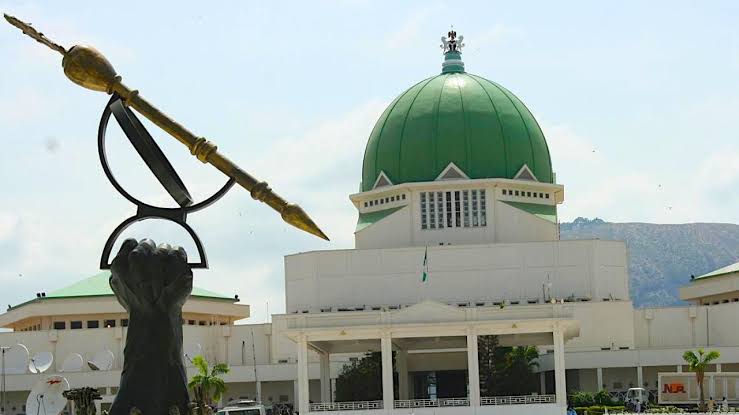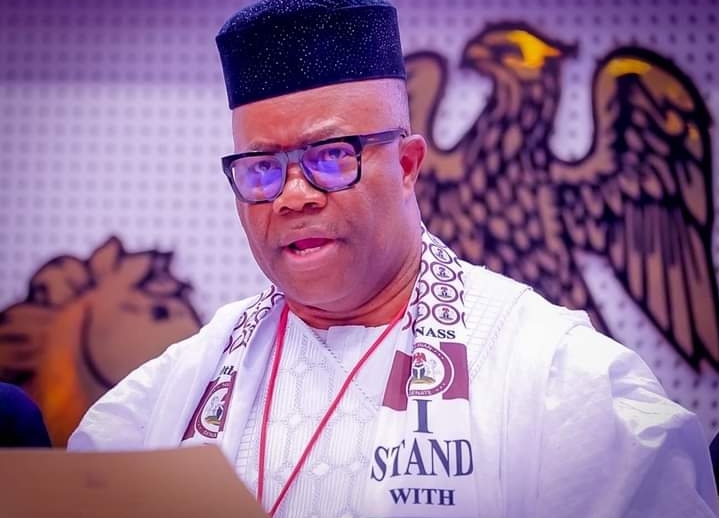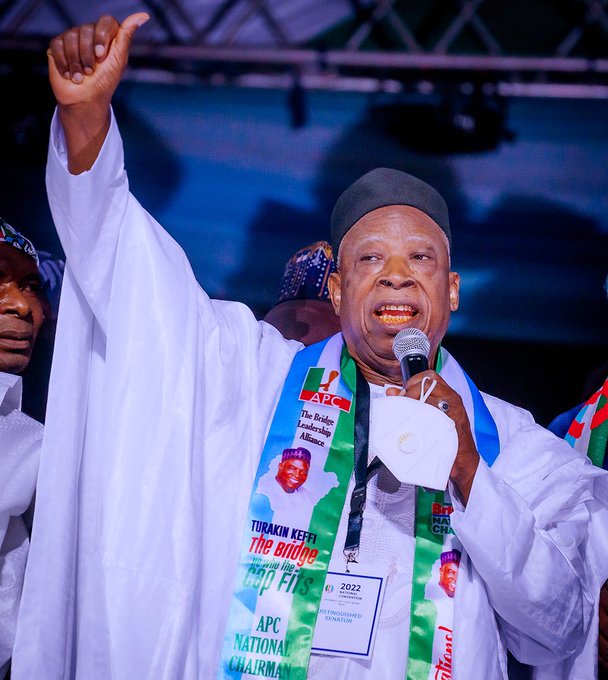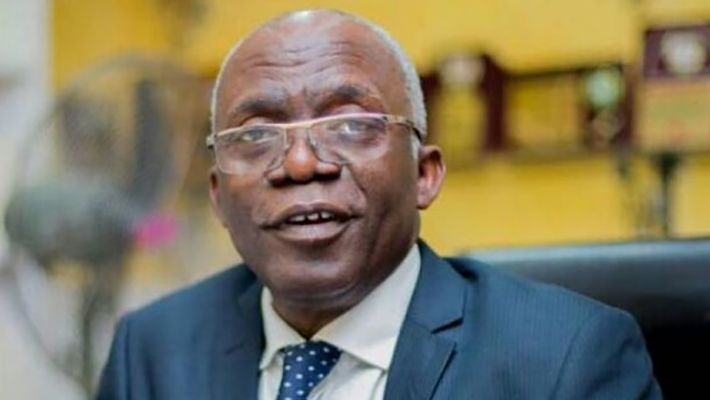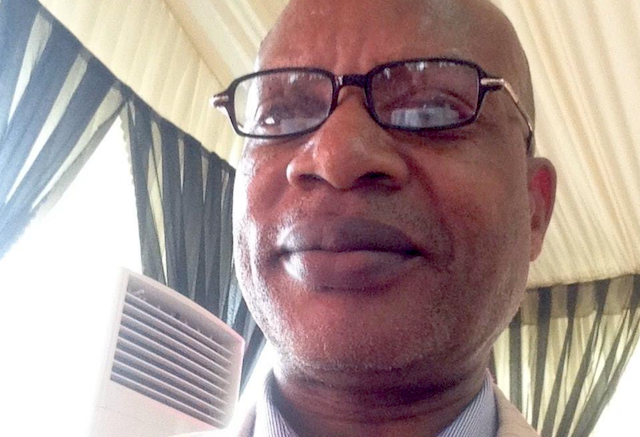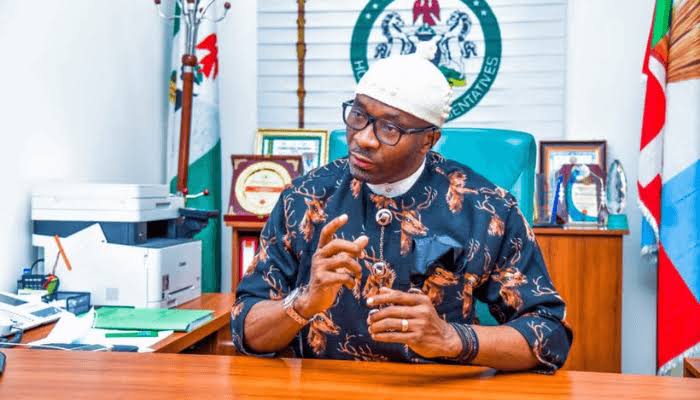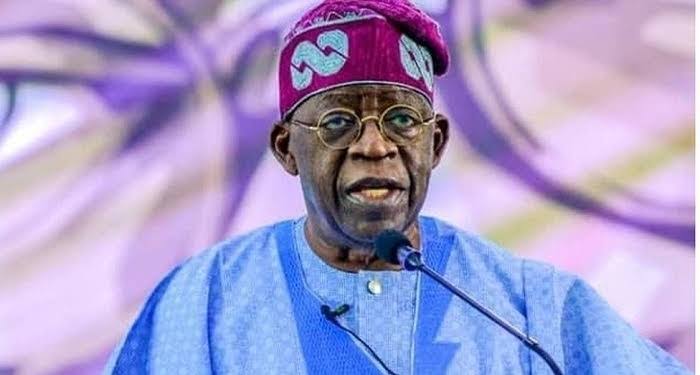The likely unfazed and unbothered members of the National Assembly (NASS) are clamouring for a raise in their emoluments.
Perhaps, they’re oblivious of how the demand touches the raw nerves of ordinary Nigerians, who swim in abject poverty – made more dire by reecent withdrawal of subsidies on essential products and services to the citizens.
This comes amid calls by many Nigerians on political and public officeholders to trim their heavy paypackets that eat into the limited resources available to government.
Going by reporting by News Agency of Nigeria (NAN), the lawmakers’ demand was the outcome of a meeting they had on July 11, after going into an executive session during plenary.
“The complaints from members – arising from salaries and allowances – forced the House to go into executive session, in order to douse tension,” NAN reports.
“The lawmakers had also demanded from the Speaker, Tajudeen Abass, the reason for the delay in the payment of their salaries and allowances, causing some of them to resort to loans.”
But one of the lawmakers at the executive session said they only spoke about salary increase, and not delayed payment of their salaries and allowances.
The lawmaker said they told the Speaker that their salaries and allowances could no longer meet the demand of their job, “hence a review was necessary.”
The legislator said their request for pay increase was sequel to the current economic reality following the subsidy removal, “which has caused hardship, making goods and services to skyrocket in the country.”
The Speaker didn’t promise them anything on the review of their salaries and allowances, “because such a demand can only be accommodated in the budget after due process.”
“The Speaker told his colleagues that their demand for a review of their salaries and allowances was not in the 2023 budget,” NAN reports.
According to the legislator, the Speaker could not have promised anything, and “We all know the situation in the country, we are all facing the same problem.”
Interestingly, the lawmakers’ demand comes as the House of Representatives received a communication from President Bola Tinubu on July 12, seeking an amendment to the 2022 Supplementary Appropriation Act.
The amendment to the Act is to accommodate N500bn for the provision of palliatives for Nigerians, to cushion the effects of fuel subsidy removal.
In the wake of removal of subsidy on petrol, the organised labour, spearheaded by the Nigeria Labour Congress (NLC) and Trade Union Congress of Nigeria (TUC), demanded a 100-200 per cent increase in workers’ salaries, with negotiations still ongoing.
Unlike civil servants, who are poorly paid with a minimum wage of N30,000, “Nigerian lawmakers are among the highest paid in the world, with the lowest-paid lawmaker earning over 10 times the civil servant’s minimum wage,” NAN reports, adding that, apart from salaries, “the allowances each lawmaker gets also run into millions of naira monthly.”
Notably, many Nigerians have criticised the inclusion of NASS members in the Revenue Mobilisation, Allocation and Fiscal Commission (RMAFC) proposed increase in salaries for public officers – reported to have been approved by the President, but denied by Presidential Spokesman, Dele Alake, who said “there is nothing on the President’s table to consider and approve.”
Intriguingly, NASS members have never disclosed their paychecks, not even the pretenders among them, who flaunt their so-called probity in public life.
It’s alleged – yes, alleged because of the opaqueness of their emoluments – that besides their salaries and numerous allowances of abnormal percentages of their basic pay, the “floor members” among the lawmakers pocket about N13m monthly “largesse.”
The principal and presiding officers’ cut in the “bonanza” is said to range from N23m to N38m monthly.
Agreed that the lawmakers’ demand for pay increase follows the removal of fuel subsidy from petrol, and floating of the Naira by the administration of President Tinubu, with accompanying rise in the prices of goods and services across all sectors.
Yet, their request would’ve been appreciated were they on a shoe-string pay – or no pay at all – like the over 133m poor and vulnerable Nigerians living below the poverty line.
The lawmakers may’ve been enticed, and coveted government’s proposed disbursement of N8,000 monthly palliatives for six months to only 12m households of this group of the wretched of the earth, to warrant their call for a pay raise.
But didn’t they get more than the palliatives for the poor when they reportedly cornered N70bn from the N819.5bn supplementary budget, from which President Tinubu applied for virement of N500bn, to augment the World Bank soft loan of $800m (about N600bn) to cushion the effects of the subsidy withdrawal?
And what’s more! The lawmakers – who appear to hold the yam and the knife – have another opportunity to influence their paypackets from the 114% increase in the salaries and allowances of public officers proposed by the RMAFC – the agency that decides the salaries and allowances of public officials.
Without the NASS and the 36 State Houses of Assembly passing the recommended pay increment for public officers, the President would’ve nothing on his table to consider and approve.
A crucial question is: Why do the lawmakers want a raise in their salaries and allowances at a time the top-earning public officers should voluntarily reduce their emoluments in sympathy with average and below average Nigerians, and the government that runs on deficit budgeting?
Are the lawmakers afraid they’ll be shut out of the proposed pay hike by RMAFC for public officers? Or it’s a blackmail strategy to armtwist the Presidency, to give them a big slice of the N819.5bn supplementary budget – which they’ve actually got in a princely N70bn for only 469 members?
Compare the lawmakers’ N70bn windfall to the miserly N48,000 award, for six months, for 12m poor and vulnerable households among the burgeoning poverty-stricken population in the country, and you’d conclude that the legislators are greedy and avaricious!
It shows the lawmakers’ insensitivity to the suffering of the less-privileged in the society. Maybe they want to taunt the poor in their state of want and penury brought about by the collective actions of those in government!
Whichever, the pay-raise call by the NASS members is a twitching of the nose to mock the masses of Nigeria, and thus unnecessary, unwarranted, uncalled for, and should be aborted!
*Mr Ezomon, Journalist and Media Consultant, writes from Lagos, Nigeria.
